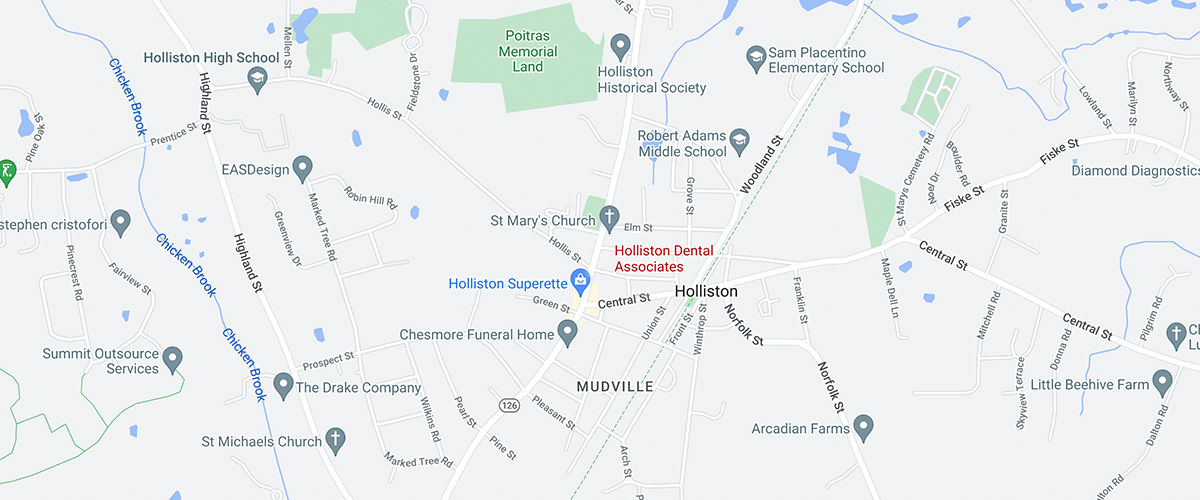
If you have a hard time understanding your dental insurance plan, particularly the treatments and services it covers, you’re not alone. That’s why Dr. Edmond Massabni and our team have put together a cheat sheet to help you through them.
It’s common for patients to get lost in the morass of the terms and phrases that surface when you’re dealing with a dental insurance plan. Knowing the commonly used terms can help speed up the process and enable you to get the most out of your coverage.
Common Terms
Annual Maximum: The most your policy will pay per year for care at Holliston Dental Associates. It is often divided into cost per individual or per family.
Co-payment: Typically, a small amount the patient has to pay at the time of service before receiving care, and before the insurance pays for any portion of it.
Covered Services: A list of all the treatments, services, and procedures the insurance policy will cover fully under your contract.
Deductible: An amount you must pay out of pocket each year before the insurance company will contribute for any treatments or procedures. The amount can vary according to your plan.
Diagnostic Services: A category of treatments or procedures that most insurance plans will cover before the deductible, which may mean services that occur during preventive appointments with Dr. Edmond Massabni, including X-rays or general screenings.
Exclusions: Dental services not covered under a dental benefit program.
In-Network: An insurance company will usually cover a larger portion of the cost of the care if you see an in-network provider for treatment.
Out-of-Network: If you visit someone who is not a part of your provider’s network, the insurance company may pay for a portion of the care, but you will be responsible for a significantly larger share out of your pocket.
Lifetime Maximum: The most that an insurance plan will pay toward care for an individual or family over the entire life of the patient(s).
Limitations: A list of all the procedures the insurance policy does not cover. Coverage may limit the timing or frequency of a specific treatment or procedure, or exclude some treatments altogether.
Member/Insured/Covered Person/Beneficiary/Enrollee: A person who is eligible to receive benefits under an insurance plan.
Premium: The regular fee charged by third-party insurers and used to fund the dental plan.
Provider: Dr. Edmond Massabni or other oral-health specialist who provides treatment.
Waiting Period: A specified amount of time that the patient must be enrolled with an insurance plan before it will pay for certain treatments.
It’s essential to understand the various insurance options available to you. Knowing what your insurance covers can save you major costs in the future.
Dr. Edmond Massabni and our dental staff hope this list of terms will help you understand your dental insurance plan better. Be sure to review your plan and ask any questions you may have about your policy the next time you visit our Holliston, MA office.




